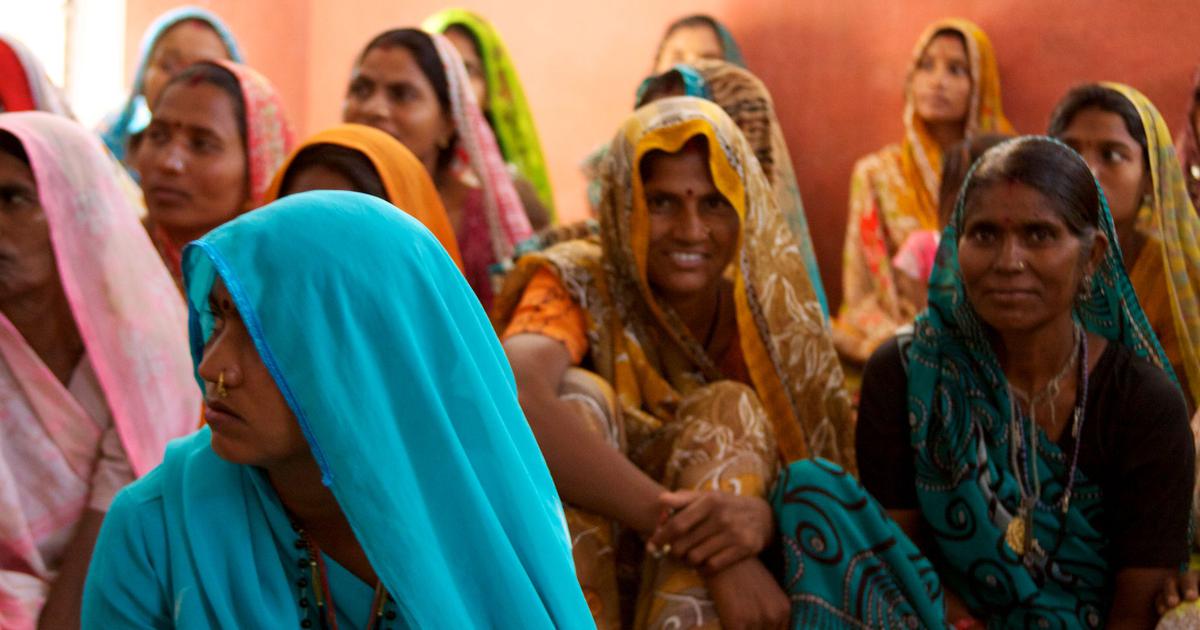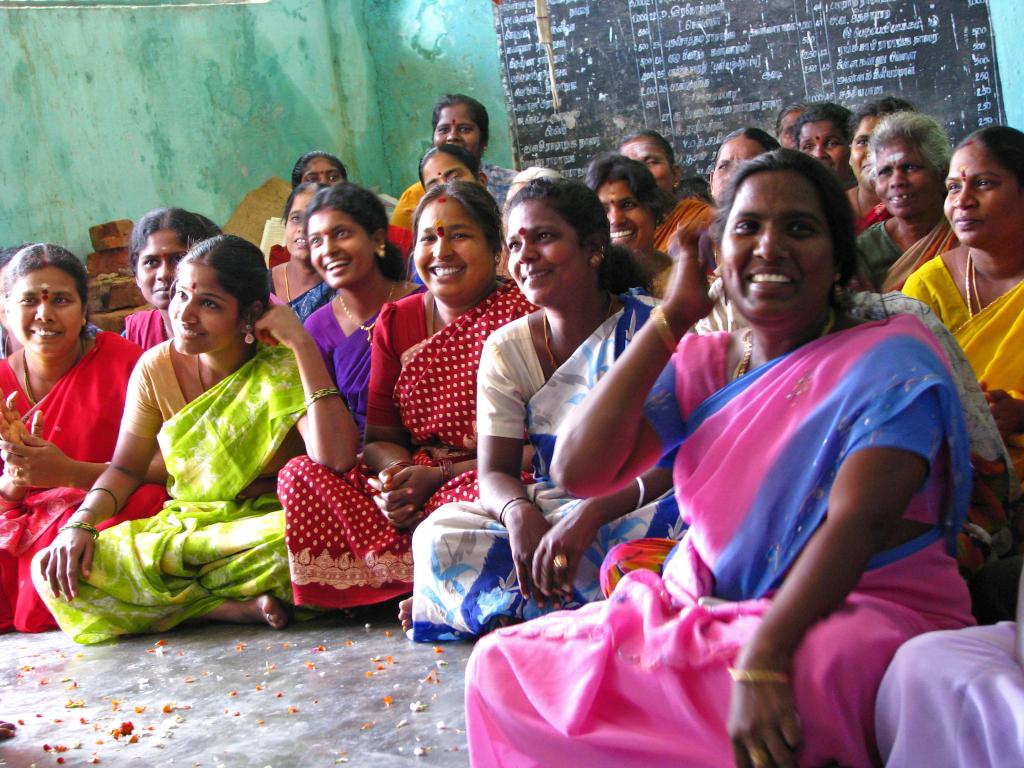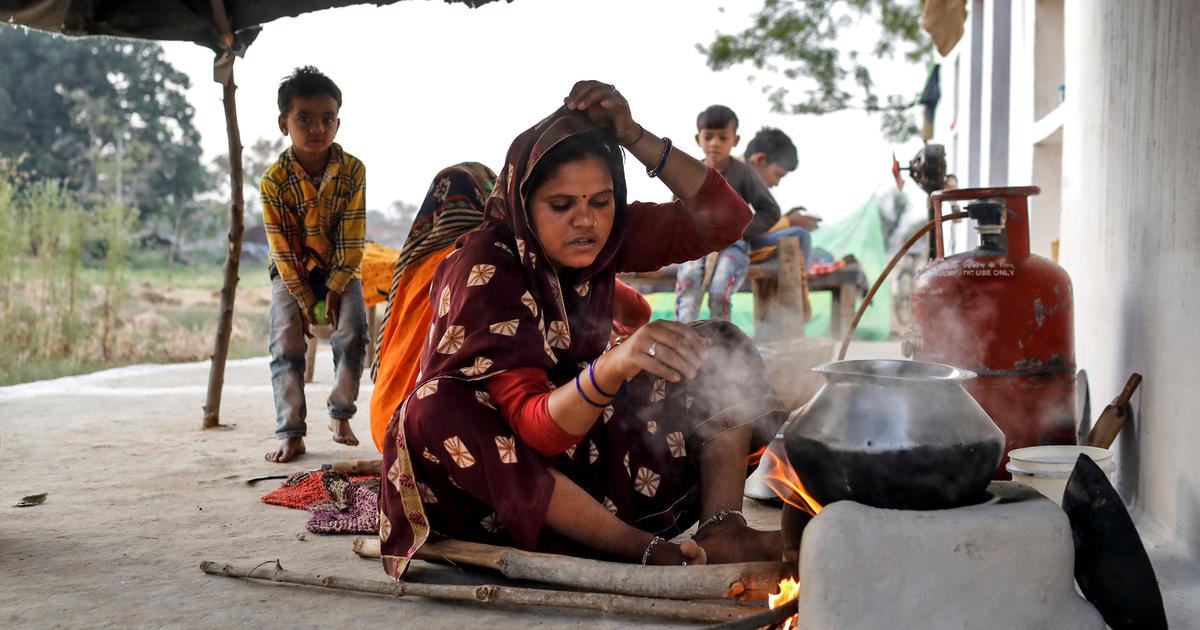It is rather curious that even today, after years of women’s movements and mobilisation, any discussion on women’s condition in society can direct attention towards such disadvantages of Indian women which can make us question the idea of progress, the past having ready reference. While discussing the working hours per week of Indian women, IndiaSpend reports that women spend almost a total of 85 hours per week in activities that pertain to unpaid domestic and paid work, which ultimately leaves them with little or no time for self care. While ‘hard work’, as N.R. Narayana Murthy points out (quoted in the report), can only lead the nation to prosperity, it is alarming that the nation, through its culture of defining “women’s work” and according it a secondary position, is also imposing ‘a systematic time tax’ on women, thereby making women’s progress limited in scope.
While discussing the working hours per week of Indian women, IndiaSpend reports that women spend almost a total of 85 hours per week in activities that pertain to unpaid domestic and paid work, which ultimately leaves them with little or no time for self care.
Extracting data from the Time Use Survey, 2019 and restricting analysis to married men and women working full time, the report presents gender-based analysis of self care patterns where self care includes personal and social activities, leisure, entertainment, hobbies, prayers and so on. While the report concentrates on heterosexual families without explicitly mentioning it, the sampling heads, like visiting salons, hanging out with friends, meeting therapists, which are mostly part of urban culture, suggest that the report is more inclined to analyse urbane conditions mostly.
Without considering the category of “woman” through the intersections of class, caste, region, religion, the report significantly points out that women spend 82 minutes less than married working men on self care, in a day, which leads them towards being less productive, thereby impacting the ability to build communities, which results in consequent isolation. Hence, although we are charting courses of women empowerment, and have come a long way since yesteryears, the inability to get back to oneself in terms of care, is still corroding the self of most Indian women.
Who is to be held responsible for the self care gap?
The answer seems to lie in the way women’s social and cultural constitution has been constructed through ages across cultures. Women have been considered machines of relentless productivity, mostly as care givers and family makers. Their roles have been accentuated by the capitalist driven public-private divide. Having been relegated to the background of society, women tethered themselves to the ideal of fulfilling societal and cultural expectations, with the ambition to gain identity and acceptance.
With the passage of time and evolution of awareness, women changed the course of achieving their ambition, while still remaining faithful towards fulfilling expectations. Every new era launched the idea of a ‘new woman’ who would be an improved version of the past although the improvements would be limited by the dictates of society. Thus emerged the full time working woman, as the report mentions, who was also expected to work full time at home, “work-life balance” becoming her buzz word for success.
For maintaining this balance, the earning middle class woman transfers some of her domestic duties to women belonging to lower class tiers, thereby doing nothing much in transforming the cultural norms.
For maintaining this balance, the earning middle class woman transfers some of her domestic duties to women belonging to lower class tiers, thereby doing nothing much in transforming the cultural norms. This practice of distributing work to other women only sustains class distinctions while the gendered, devalued nature of domestic work continues to remain the same. It now becomes a task accomplished by a community of women. The shadow of this devaluation encroaches upon her work outside home, where she must continuously prove her worth because it is a space she is supposed to have trespassed. Such a patriarchal setup measures success through corrupt, unjustified, biased methods, mostly making it impossible for women to hold onto success.
Thus far from being a way of democratising society, paid work, especially where women are involved in precarious, unstable yet demanding, exploitative jobs, only heightens crisis in women’s lives, to overcome which women must race against time. For such women, productivity, other than what society expects, does not remain a matter of choice, but becomes a matter of access, and can be achieved only when one can afford exertion of oneself, continuously, relentlessly. In situation like these, self care is a farce and time, a luxury which most cannot afford.
Again there is the culture of sacrifice that is infused into women since childhood which simultaneously creates a sense of guilt that must awaken as soon as a woman invests too much on a hair cut or allows the alarm clock to snooze too many times in the morning. By the time women decide they need to be free, they have already weaned themselves beyond repair, and the only recourse, then, is to channelise the trauma to the women who follow. If one woman in the chain decides to break the trauma, the approach is marked as a rebellion which easily isolates her.
If one woman in the chain decides to break the trauma, the approach is marked as a rebellion which easily isolates her.
As a consequence, the rest of the women folk learn their lessons on what they should not do. In such a culture that creates sediments of trauma, to think of self care, except for how it can make the body presentable in a society that champions itself in objectifying women, seems to be too much of a burden that women often care to do away with, thereby relegating self care to oblivion.
Can we change this pattern?
Can self care for women be as normative as it is for men so that it is no longer a gendered question? Can self care stop being synonymous with being presentable, thus, relieving the burden on women to feel accepted? While considering that self care is not just a matter of choice, and accepting that constraints beyond control would continue to prevail, we can try to create patterns of self care within our small circles so that a blueprint emerges which we might try to consciously pass on.

May be we can begin by acknowledging our privileges which could allow us to assess the unprivileged, not with high-handedness but allowing us to develop connections through kindness and empathy. In creating a culture of self care, we could break all stereotypes, while also remaining mindful of bringing about positive changes. We do not live in isolation and hence every individual would be responsible in developing the culture of self care- in demanding it, in understanding it, and in creating possibilities for its exercise.
We might want to create such scope by striking against the capitalist culture of a fast life and thus, slow down. We might want to change the nature of productivity culture. May be we could begin conversations around self care which could focus on how it is not a culmination or a state of stasis. It is preparation that could allow us to do our best in rolling the stone uphill. We could try to recognise our versions of self care. We could draw boundaries while not losing out on compassion. May be we could realise that self care is about touching the joy within which often gets suffocated under layers of stress and struggle. But it is there, waiting for us to unfurl it so that we could extend that joy beyond ourselves and touch others too, with care. Can we make self care feel like being empowered, a feeling everyone should lay claim to? May be we can, because we are all worth it.
About the author(s)
Priyanka Chatterjee is a mother, researcher, and academic. She lives and writes from Siliguri. Her articles have appeared in Feminism in India, LiveWire, Himal Southasian, Sikkim Express, among others. She can be reached at site.surferpc@gmail.com and is on Instagram @priz_chatt








